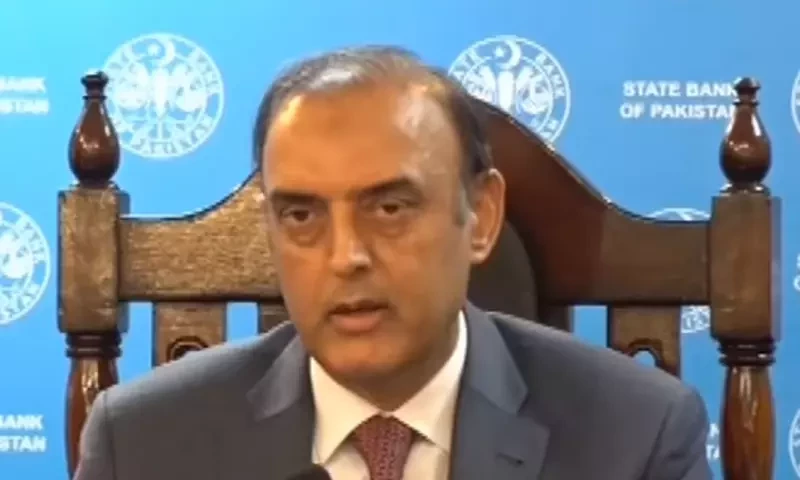The situation in the Middle East has taken a dire turn as Israeli forces have launched a ground assault in Gaza. This aggressive move comes after a prolonged period of conflict, with escalating tensions in the region. In this article, we will delve into the events leading up to this ground assault, the casualties on both sides, and the international response.
The Escalation of the Conflict
The conflict in the Middle East reached a critical point when Israeli forces decided to move forward with a ground assault. The trigger for this action was a series of events that began with Hamas initiating Operation Al-Aqsa Flood against Israel. The situation quickly spiraled into a full-blown war.
Rising Casualty Numbers
The impact of this conflict has been devastating, with an alarming rise in casualties. According to the Health Ministry, the death toll in Gaza has exceeded 2,200, with an especially tragic figure of 724 children and 458 women among the casualties. Over 8,000 people have been wounded, including 2,450 children and 1,536 women, all of whom are dealing with the physical and psychological scars of this devastating conflict.
READ MORE: The Caretaker Government’s Move to Reduce Petroleum Prices
Hamas Initiated Operation Al-Aqsa Flood
Hamas, the militant group in control of the Gaza Strip, played a pivotal role in the initiation of this conflict. Operation Al-Aqsa Flood, their military campaign against Israel, was the spark that ignited the war. This operation involved a series of missile attacks, which prompted a swift and decisive response from the Israeli military.
Israeli Response: Operation Swords of Iron
In response to the escalating attacks from Hamas, the Israeli military launched Operation Swords of Iron. This operation aimed to eliminate threats posed by Hamas targets within the Gaza Strip. The conflict, which had been brewing for some time, had now reached a critical juncture.
Iran’s Intervention
The Middle East crisis attracted international attention, with Iran stepping into the fray. During a visit to Lebanon, the Iranian Foreign Minister issued a stern warning to Israel, urging an immediate halt to the attacks on Gaza. Iran’s involvement in this conflict had the potential to escalate it even further, involving other regional players.
Hezbollah’s Potential Involvement
Iran’s Foreign Minister also alluded to the readiness of Hezbollah for various war scenarios. The involvement of Hezbollah, a Lebanese Shiite militant group, could significantly shift the dynamics of this conflict. Their readiness for war raised concerns about the potential for the crisis to spread throughout the Middle East.
The Urgent Plea from Iran
Iran’s plea for a ceasefire was a desperate call to end the violence. They cautioned that if the conflict expanded beyond its current boundaries, Israel might face significant consequences. The situation had grown so dire that international intervention was becoming increasingly necessary to prevent further loss of life.
Consequences of the Ongoing Conflict
The ongoing conflict in the Middle East has had far-reaching consequences. It has not only resulted in a significant loss of life but has also heightened tensions and instability in the region. The potential for further escalation and involvement of other regional players adds an additional layer of complexity to an already dire situation.
Conclusion
In conclusion, the ground assault by Israeli forces in Gaza represents a critical juncture in a conflict that has been escalating for some time. The rising casualties, the involvement of militant groups like Hamas, and international pressure on Israel to cease its attacks all contribute to the complexity of this crisis.




